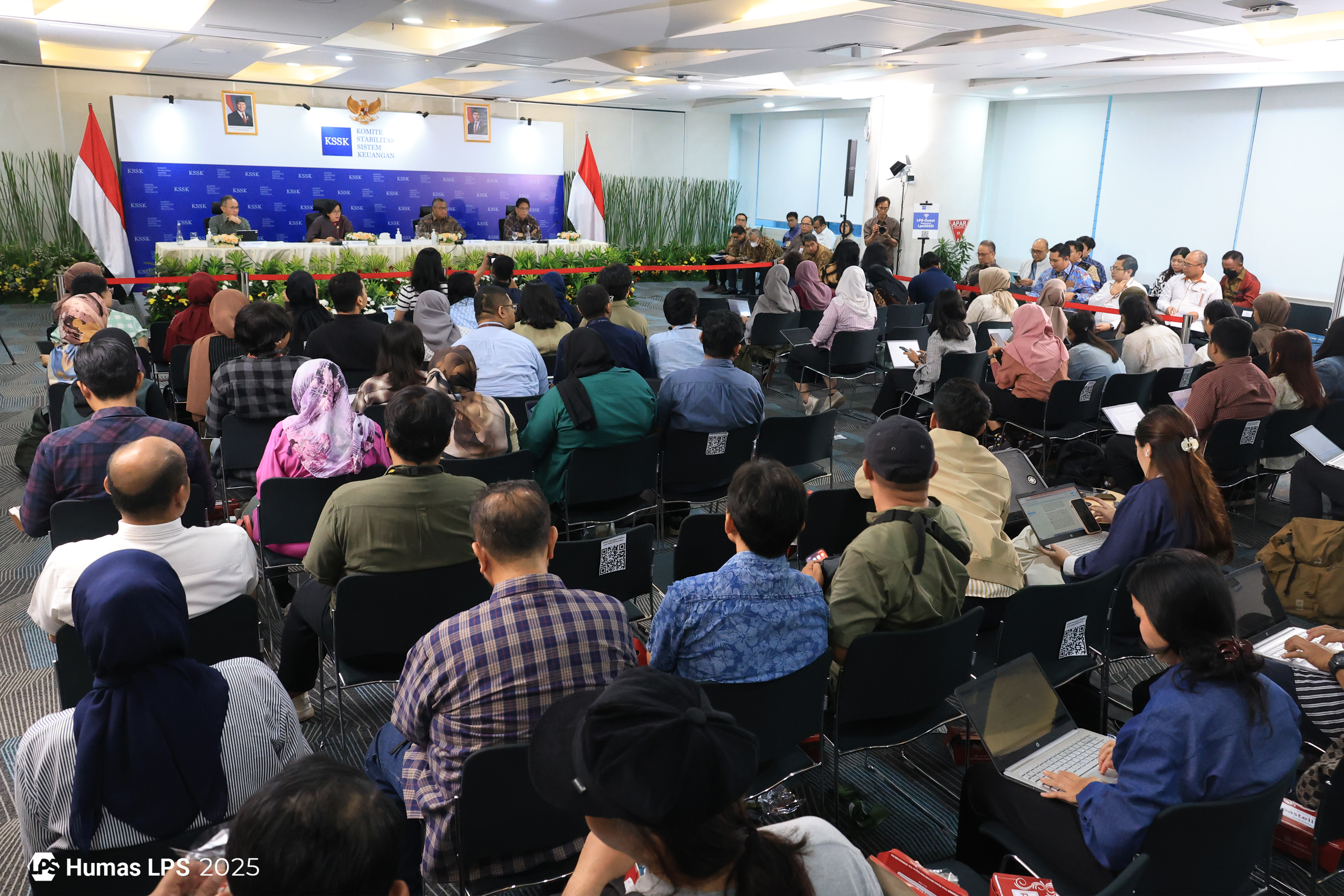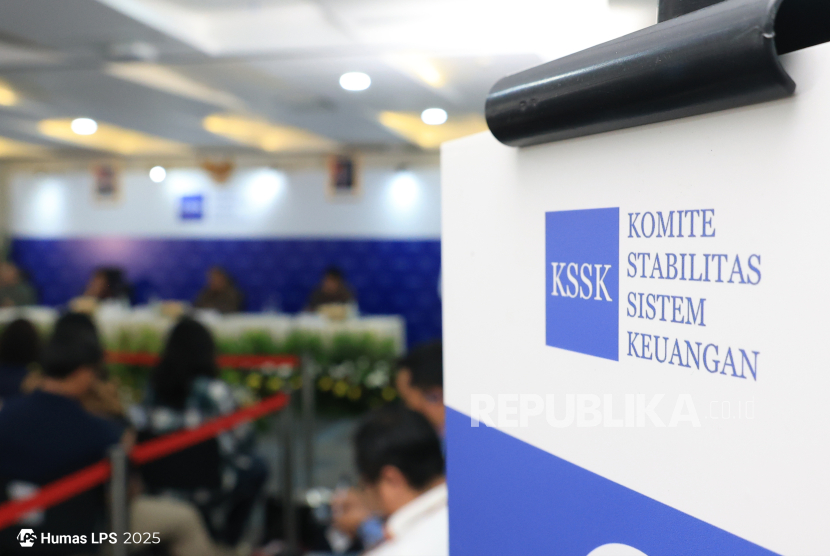REPUBLIKA.CO.ID, JAKARTA — The Indonesian government continues to promote the acceleration of national sharia finance alongside a strengthening fiscal and monetary policy landscape. As of July 2025, the issuance of State Sharia Securities (SBSN) reached Rp252.7 trillion, an increase from Rp228.6 trillion in the previous year.
“SBSN is a sharia-compliant investment instrument that plays a key role in advancing the national sharia economy,” stated Sri Mulyani, Minister of Finance of the Republic of Indonesia, during the Press Conference of the Periodic Meeting of the Financial System Stability Committee (Komite Stabilitas Sistem Keuangan/KSSK) III 2025 in Jakarta on Monday (28/7/2025).
This increase in financing signals strong growth in the sharia financial sector, which is currently seen to be expanding more rapidly than conventional financing. Chairman of the Financial Services Authority (OJK), Mahendra Siregar, emphasized the need for institutional strengthening and more responsive regulations to sustain this momentum.
“The growth rate of sharia banking financing now exceeds that of conventional financing, indicating that the acceleration of sharia financial development is being successfully realized,” Mahendra said.
Nevertheless, he pointed out that the overall size of the sharia financial sector remains much smaller than its conventional counterpart, making accelerated growth a shared priority. In response, OJK has established the Sharia Financial Development Committee, as mandated by the Financial Sector Development and Strengthening Law (UU P2SK).
“This committee includes representatives from all divisions within OJK, the National Sharia Council of the Indonesian Ulema Council (DSN-MUI), as well as professionals and academics. Such a structure enables faster deliberation and immediate operationalization,” Mahendra explained.
Further efforts include consolidation and spin-off policies in the sharia financial sector, particularly within banking and insurance. OJK noted that the number of sharia financial service institutions remains limited, especially at the medium and large scale.
“Expanding institutional capacity and increasing the number of players is essential to enhance the sector’s competitiveness,” Mahendra added.
KSSK also stressed the need to broaden the national strategy for sharia financial literacy and inclusion. “This must be a shared priority so that the sharia financial ecosystem continues to expand, its institutions grow stronger, its products remain relevant, and sectoral challenges can be addressed swiftly and effectively,” he conclude.


